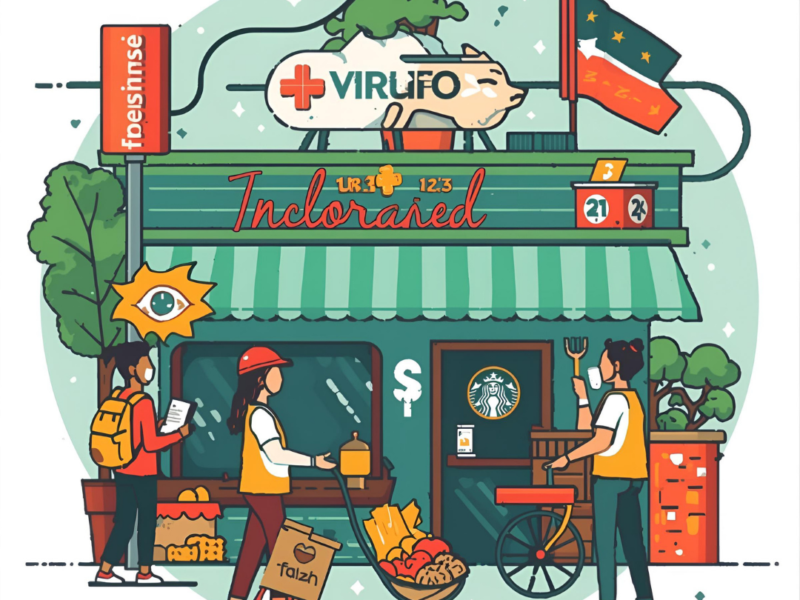Mapping the Digital Food Landscape: Understanding Online and Offline Food Environments in Urban Areas

Abstract:
1. Background and Purpose:
The rise of food delivery platforms has fundamentally transformed urban food environments, blurring the boundaries between physical restaurants and digital food services. This project investigates how online food delivery services interact with traditional brick-and-mortar establishments, and what this means for urban food accessibility, planning, and public health.
As an undergraduate researcher on this project, you will contribute to classifying and mapping food establishments across the online-offline spectrum, helping to build a comprehensive picture of how digital platforms are reshaping where and how urban residents access food. This is a pioneering study that combines artificial intelligence, spatial analysis, and consumer behaviour research to understand the emerging hybrid food landscape.
The project has significant real-world applications, informing urban planning strategies for food service infrastructure, delivery logistics, and neighbourhood vitality in an increasingly digital urban environment.
2. Research Questions:
• How can we classify and map food establishments by their level of online integration (traditional offline, hybrid, or online-only)?
• What are the spatial patterns of online and offline food environments across different urban contexts?
• How do food environment characteristics influence consumer choices between online delivery, dining out, and home cooking?
Skills and experience required for the project:
(1) Academic background in urban planning, geography, engineering, computer science, transport studies, or related disciplines
(2) Basic quantitative skills and familiarity with statistical concepts (experience with SPSS, R, or similar software is beneficial but not essential)
(3) Ability to work with spatial data and basic GIS operations (training will be provided as needed)
(4) Ability to work independently whilst maintaining regular contact with the research team
(5) Prior exposure to survey data analysis would be valuable, though training will be provided for working with our questionnaire dataset
(6) Any previous experience working with large spatial datasets or location-based data (such as GPS traces or mobile phone data) would be advantageous, though not essential
(7) Ability to conduct fieldwork for validation purposes (some site visits may be required)